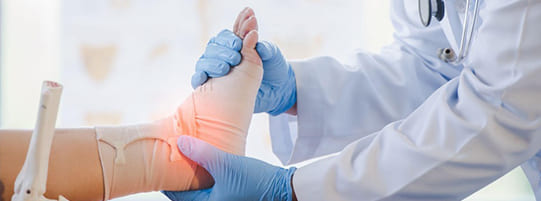Recent Posts
- Is Spinal Decompression a Permanent Fix?
- How Chiropractors Can Help Shoulder Impingement After An Accident
- A Minor Fender Bender Can Cause Lasting Effects…Here’s How
- Can an Auto Accident Trigger Migraines? 6 Tips to Treat Them
- How Long After An Accident Does It Take To Return To Your Normal Routine?
Recent Comments
No comments to show.











